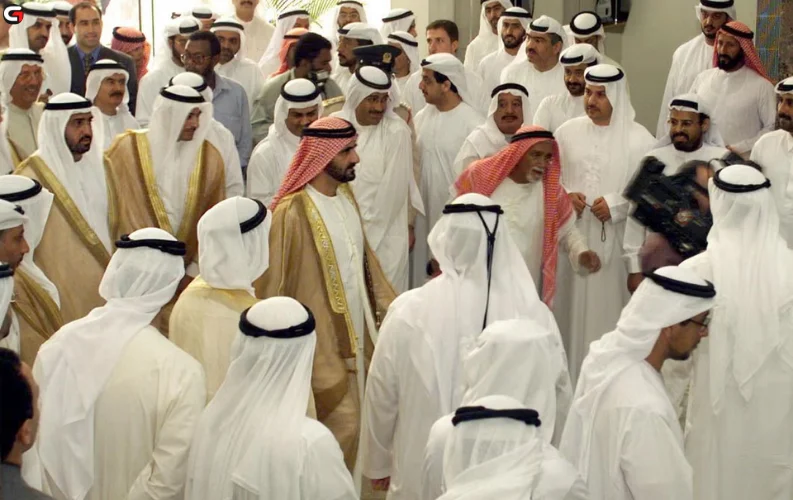The Department of Economic Development in Ras Al Khaimah recently canceled a controversial circular that had urged tailoring shops to follow specific guidelines when stitching traditional Emirati attire. However, Emiratis and local tailors are still calling for a return to the preservation of the national dress, particularly the kandura, without unnecessary modifications. The circular, issued earlier this week, was quickly rescinded after backlash from local communities and businesses. The original directive sought to standardize the stitching of the UAE’s national dress to prevent deviations from the traditional style. Despite the cancellation, many citizens, alongside tailors, are emphasizing the importance of preserving the authenticity of the kandura.
A Symbol of Emirati Identity and Heritage
The kandura, a long white robe worn by men in the UAE and across the Gulf region, is more than just a piece of clothing. It serves as a symbol of national identity and culture. While white is the typical color, especially in the summer, kanduras are also made in other shades like beige, blue, and brown for the winter season. The traditional design of the kandura remains unchanged over time, representing the values of the Emirati people.
Local tailors have expressed their commitment to preserving the simple elegance of the kandura. Khalid Al Tuniji, owner of Al Sinyar Men’s Tailoring in Ras Al Khaimah, affirmed his support for the preservation of Emirati traditions. He explained, “The attire is balanced and doesn’t require any additions, as they don’t reflect our identity. We focus on classic tailoring for men’s clothing.”
Public Sentiment Against Unnecessary Embellishments
Many citizens share similar sentiments. Saeed Al Kindi, an Emirati from Fujairah, commented on the growing trend of adding embroidery and other modern touches to the kandura, saying, “We’ve seen strange variations of the Emirati kandura that distort its true appearance. Sticking to traditional tailoring is the best way to show our commitment to our culture.”
Nayef Saif from Sharjah also echoed these thoughts, urging the community to avoid altering the national dress. “The national dress is a symbol of our pride and culture. We should encourage our youth to maintain the authenticity of this important cultural symbol. It’s essential that we don’t allow outside influences to change our traditional identity.”
A Nationwide Commitment to Heritage Preservation
Amina Abdullah from Sharjah emphasized the importance of upholding traditional dress as a key part of the national identity. “Preserving our national dress is essential to protecting our culture and symbols,” she said.
The debate over the Emirati kandura highlights a broader conversation about the need to safeguard cultural heritage and the nation’s traditional values. Many believe it is crucial for future generations to embrace and uphold the authentic Emirati identity, ensuring that symbols like the kandura remain timeless.




















